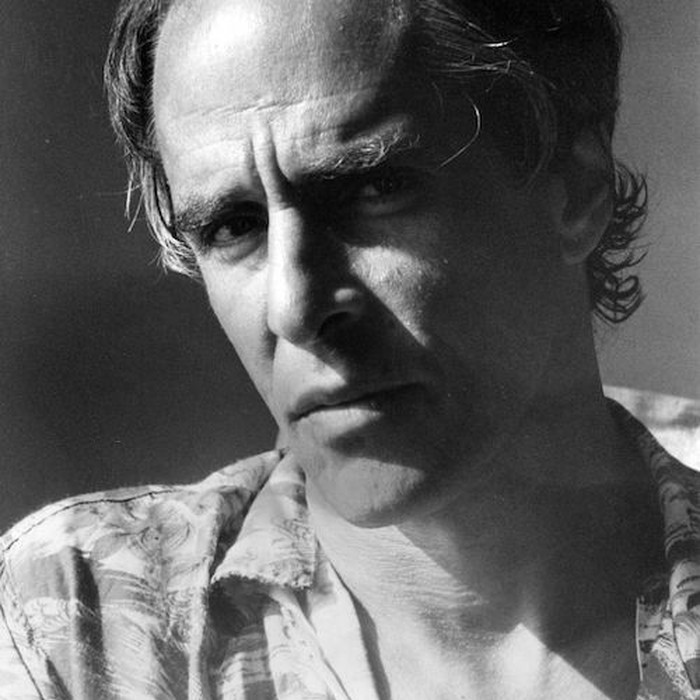
Artiste-professeur invité
1998 - 1999
Robert Kramer
Born in 1939 in New York (United States)
One of the most original directors of American independent cinema, Robert Kramer is also a champion of the counter-culture that developed in the United States in the late 1960s. His austere works were poorly received in his homeland, but were more favourably received in Europe, particularly in France, where he came to work. His first feature film, In the Country (1967), a long dialogue about a couple who have withdrawn to the countryside to escape the political struggle (against the war in Vietnam), in which the man no longer believes, establishes Kramer's universe and preoccupations. En marge (The Edge, 1967) and Ice (id., 1968) evoke committed groups flirting with terrorism. But political discourse was not Kramer's only focus: he was just as attentive to human relationships and sub-conversations, which he evoked obliquely, elliptically and in a hushed tone. Milestones (1976), a polyphonic evocation of a rural community, is a film that sums up Kramer's structural and ethical research. Founder of an independent film group, The Newsreel, Kramer also made documentaries: People's War (1975) and Scenes From the Class Struggle in Portugal (1977). His fascination with clandestine activities is reflected in Guns (id., 1980), which he shot in France, while À toute allure (1982), directed for INA and television, shows his awareness of the problems facing young people. Our Nazi (Unser Nazi, 1984) is an astonishing report on the making of Thomas Harlan's film Wundkanal, which becomes a reflection on guilt and the search for truth. Diesel (1985), on the other hand, also made in France, marked his (unhappy) encounter with crime films. He then went on to make Doc's Kingdom (1987) in Portugal, and in Route One USA (1989) offered his very personal vision, from Canada to Florida, of the American heartland at the dawn of the 21st century. In 1993, back in Vietnam (where he had filmed People's War in 1969), he sought to understand, through various encounters in Hanoi, the evolution of a country marked by a traumatic war in Point de départ (Starting Place). In 1995 he made a fiction film, Fear / Far / Future.
